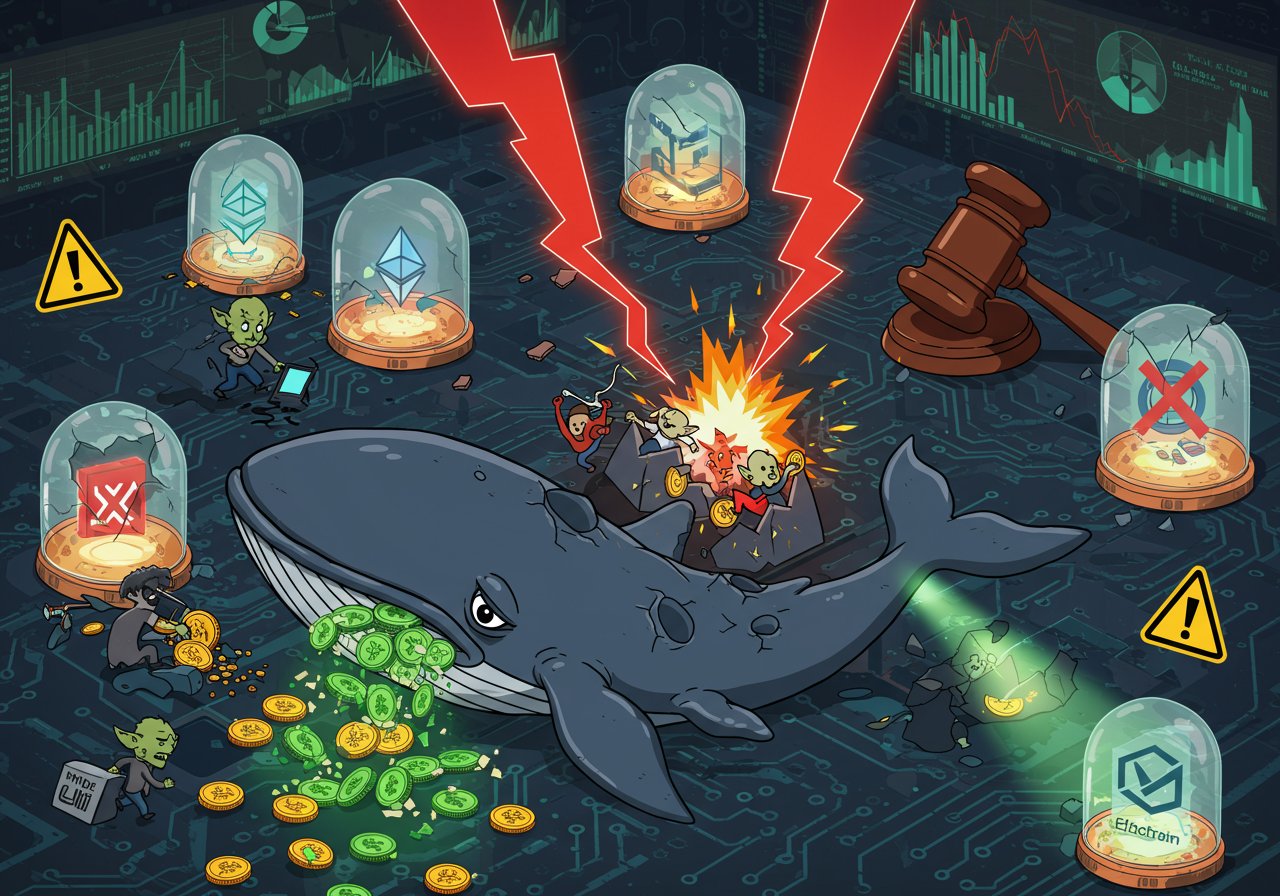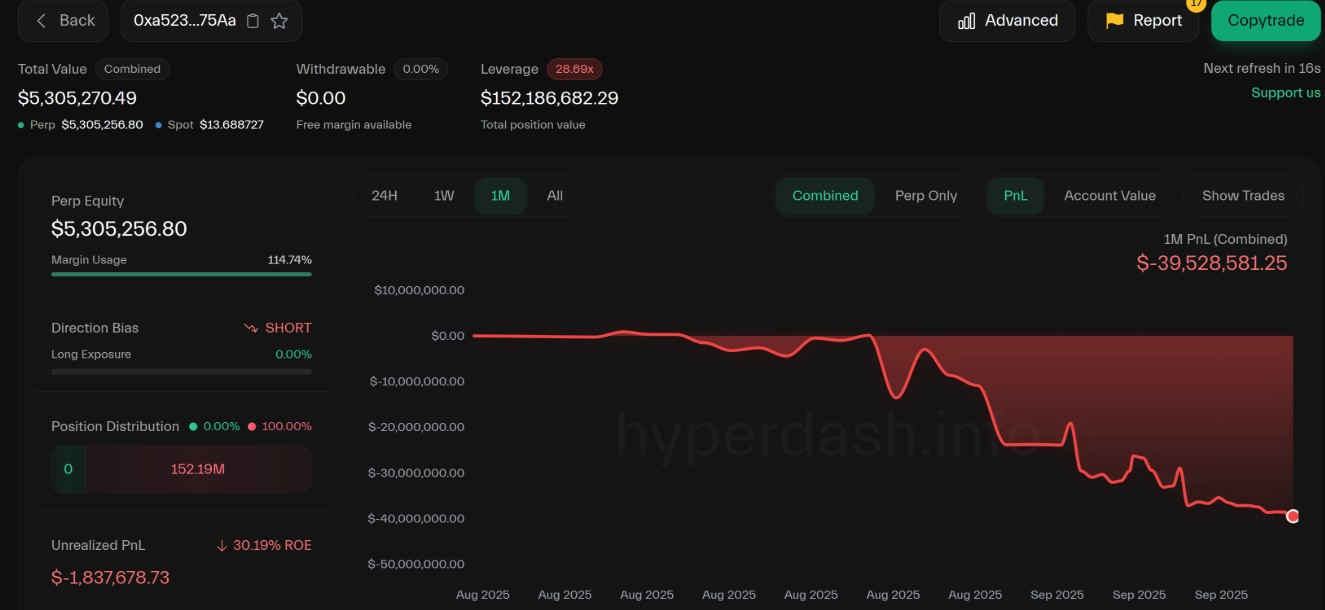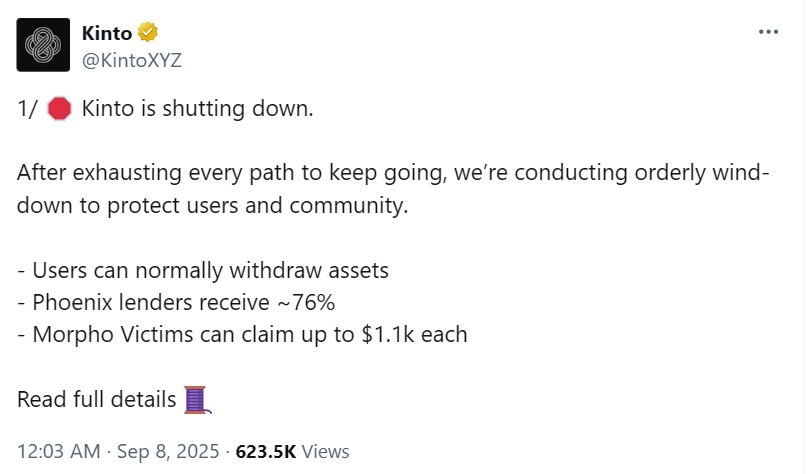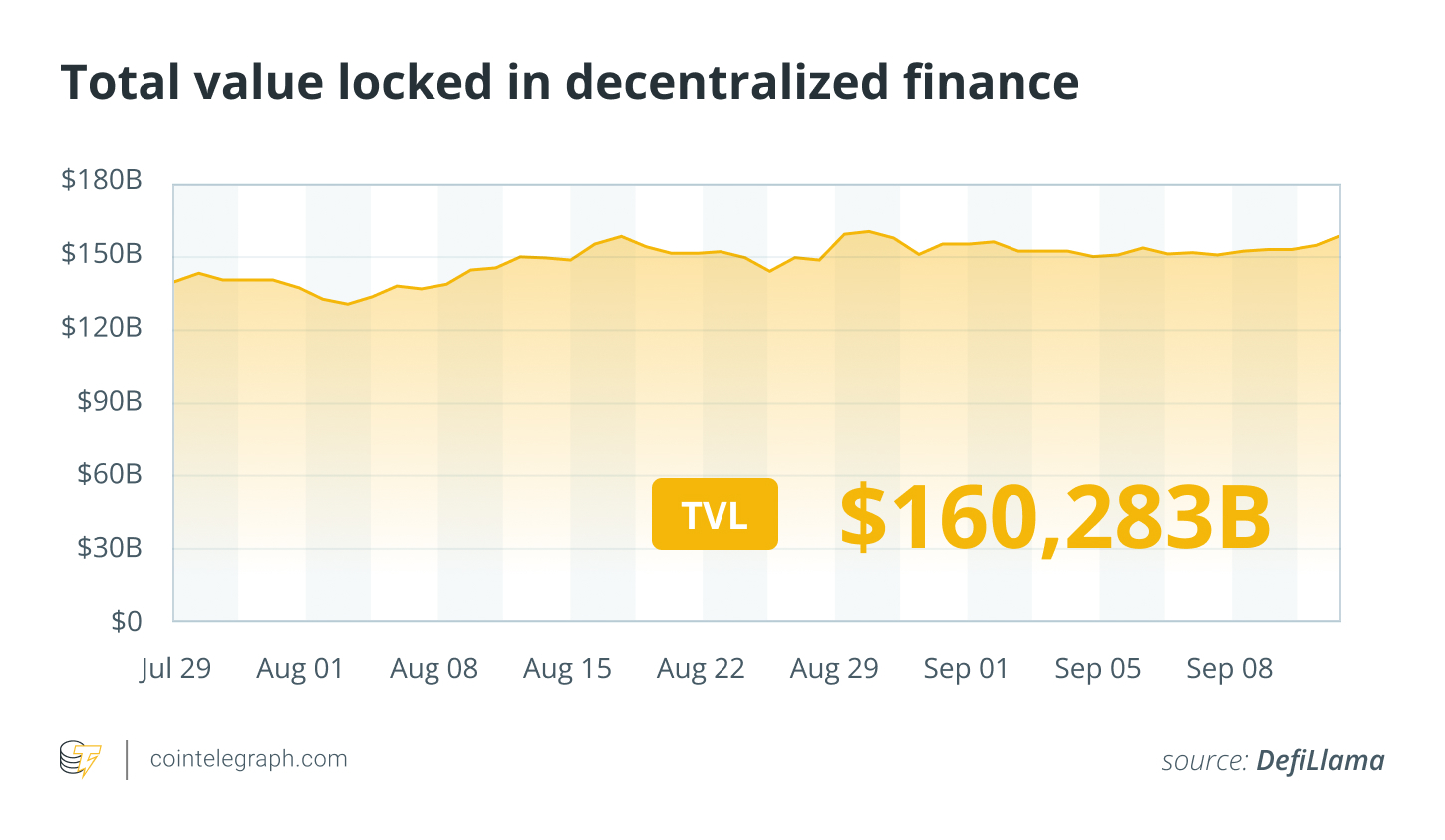
DeFi Takes a Beating: Whales, Hacks, and Protocol Shutdowns
The decentralized finance (DeFi) landscape is once again highlighting its inherent volatility, witnessing significant losses, security breaches, and protocol failures. This week, the DeFi sector has seen a confluence of unfortunate events, painting a complex picture of risk and reward for investors and platforms alike. From massive trading losses by a single whale on Hyperliquid to the shutdown of the Kinto Network and a hack at SwissBorg, the past few days have been a stark reminder of the challenges inherent in this rapidly evolving space.
The Rise and Fall of a DeFi Whale
One of the most eye-catching stories involves an anonymous trader on the Hyperliquid platform. According to blockchain data, this individual has incurred staggering losses, surpassing $40 million in a month. The whale, employing significant leverage, made a series of high-risk trades, including substantial positions in Ether (ETH) and Bitcoin (BTC). These losses serve as a cautionary tale, underscoring the potential dangers of high-leverage trading in a volatile market. The trader’s actions highlight the unforgiving nature of the crypto markets, where even seasoned participants can face devastating consequences.

Kinto Network’s Demise
The Kinto Network, a DeFi platform built on Ethereum layer-2 technology, announced its shutdown, which will occur in September. The protocol cited worsening market conditions and the failure of its last financing attempt as primary reasons for the closure. This decision follows a $1.6 million hack that exploited a vulnerability in the ERC-1967 Proxy standard. The project’s struggles and eventual shutdown underscore the importance of robust security protocols, sustainable financial models, and effective fundraising strategies in the DeFi arena.

SwissBorg Suffers a $41 Million Hack
The SwissBorg exchange experienced a significant security breach, losing approximately $41 million in Solana (SOL) tokens. The attack was a result of a vulnerability within the API of its staking partner, Kilin. While the exchange stated that its core app and other Earn products remained unaffected, this incident highlights the critical need for rigorous security measures, especially when integrating with third-party services. The incident underscores the interconnectedness of DeFi ecosystems and the potential impact of vulnerabilities in external components.

New Stablecoin and Potential Sybil Attacks
Despite the setbacks, innovation continues to emerge in DeFi. MegaETH, an Ethereum layer-2 protocol backed by Vitalik Buterin, plans to launch a yield-bearing stablecoin. This development aims to differentiate MegaETH’s business model and potentially lower transaction fees for users. Meanwhile, blockchain analytics firm Bubblemaps alleges the largest Sybil attack in crypto history on the MYX airdrop, pointing to coordinated activity by multiple wallets to claim tokens. These events underscore the ongoing evolution of the DeFi space, where security, scalability, and innovation continue to be central themes.
Navigating the Complexities
The recent events within the DeFi space paint a vivid picture of its inherent risks and rewards. The losses incurred by the whale, the Kinto Network shutdown, the SwissBorg hack, and the alleged Sybil attack all highlight the challenges. Investors must remain vigilant, conduct thorough due diligence, and understand the potential pitfalls inherent in the ever-changing DeFi landscape.



